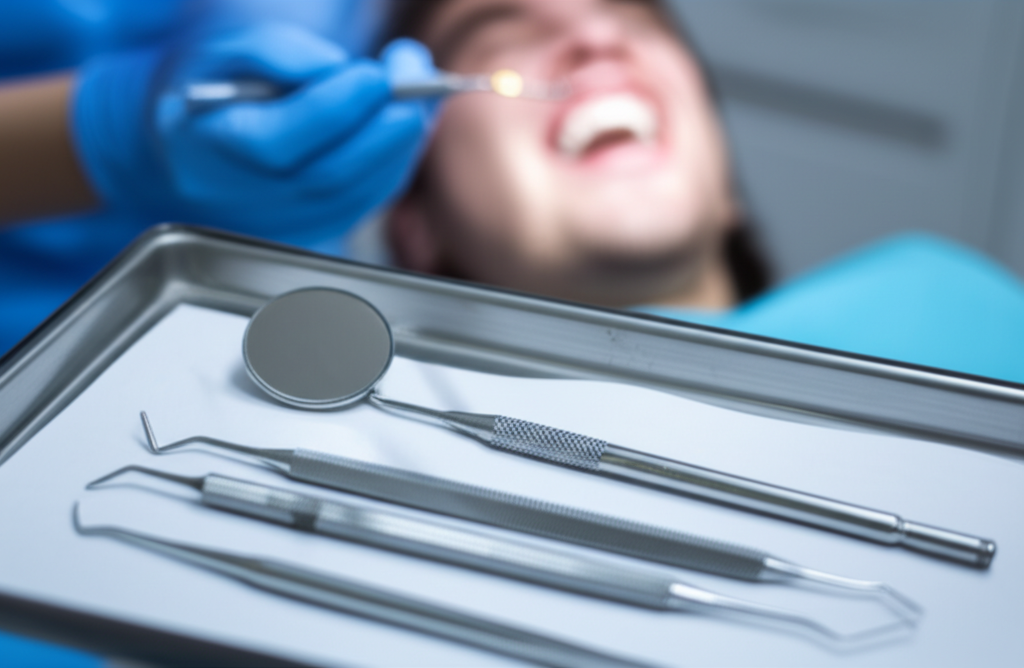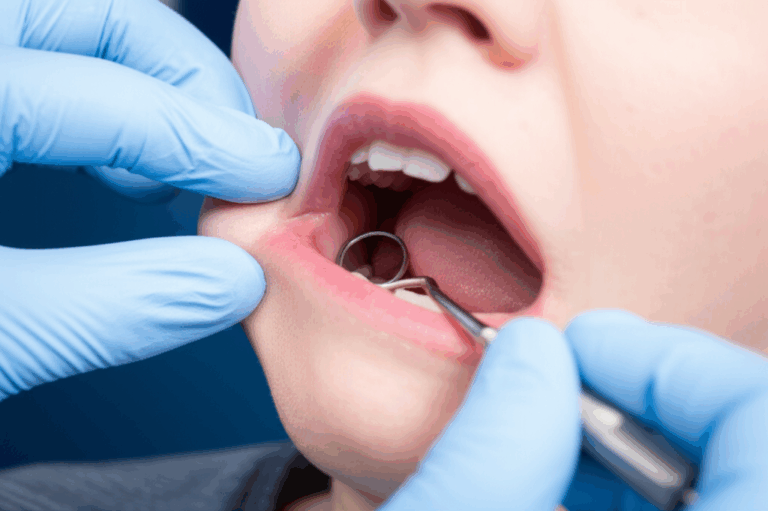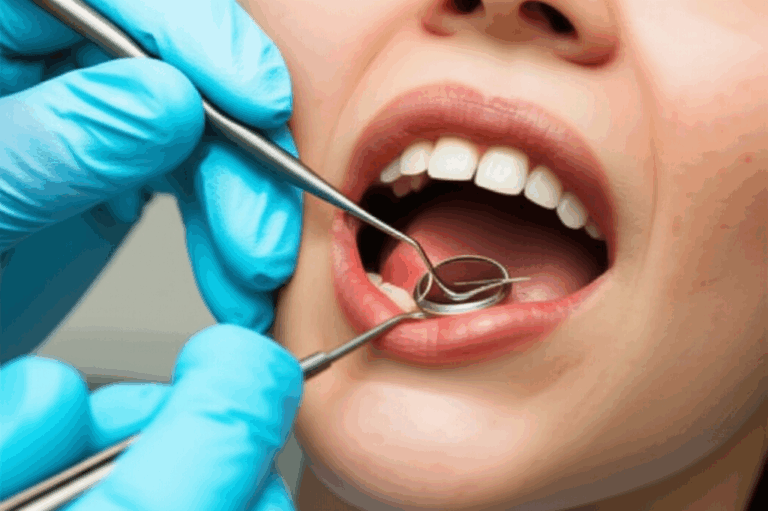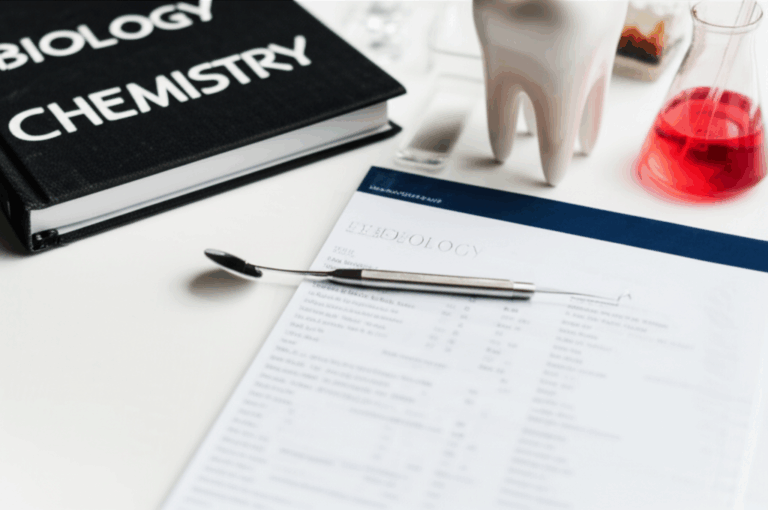
Why Do People Hate the Dentist? Unpacking the Root Causes of Dental Fear & Anxiety
Most people don’t exactly jump out of bed excited for a dental appointment. In fact, if you feel a wave of worry—or even a panic attack—just thinking about the dentist, you’re definitely not alone. It’s normal to wonder: Why do people hate the dentist? This isn’t just a silly worry or a weird personality thing—it’s a real, complicated problem that lots of people have.
Before you start feeling bad or think you’re the only one staring at the ceiling during a cleaning, let’s look at why this happens, what’s really going on, and—most importantly—what you can do about it.
In This Article
- The Universal Dread – Is Dental Anxiety Normal?
- The Main Emotional and Mental Triggers
- Sensory & Physical Overload: Why Dental Visits Feel So Stressful
- Real-Life & Money Worries That Make People Avoid the Dentist
- What Happens If You Keep Skipping Appointments
- Finding a Path Forward: Solutions for Dental Fear
- Frequently Asked Questions About Dental Anxiety
- What You Can Do To Feel Better
The Universal Dread – Is Dental Anxiety Normal?
You make an appointment. The week goes by. The night before, your brain starts running wild: Is it going to hurt? Will they judge me? What if something bad happens? You’re not crazy—it’s totally normal to not like or even be afraid of the dentist.
Studies show that up to 36% of people feel some dental anxiety, and 12–15% have a really strong fear called dental phobia or odontophobia. That’s a lot of people. Dental fear isn’t just because of your imagination or nonsense. It often comes from real things that have happened, what you expect will happen, or even just how your brain works.
So—if your heart beats fast at the sound of a drill or you make excuses to skip the cleaning, relax. It’s normal, a lot of people feel it, and you aren’t just making it up.
The Main Emotional and Mental Triggers
Think about how you feel walking into a dental office. Nervous? Embarrassed? Maybe a little helpless? Let’s look at why this happens.
Fear of Pain: The Biggest Reason
Ask people what scares them about the dentist—over half (53%) say pain is what worries them most. Why? Your mouth is full of nerves, and old-fashioned dental work could really hurt.
- Worry About What Will Happen: Even thinking about the drill or needles can make you nervous. Sometimes the worry is worse than the real thing.
- Bad Memories: If you’ve ever had a dental appointment that hurt or went wrong, that memory doesn’t go away. Each new visit can feel like a risk.
- Afraid the Numbing Will Wear Off: Some people worry the numbing medicine will stop working before the dentist is done. It’s like waiting for something bad to happen.
Feeling Out of Control & Vulnerable
Let’s be honest: Lying back in a dental chair, mouth open, sharp tools coming toward you, can be really uncomfortable.
- Leaning Back & Can’t See: You can’t see what’s happening and you can’t really move or talk.
- Feeling Trapped: Some people feel panic or like they can’t breathe because they’re stuck in that chair. You really are in someone else’s hands.
- Helplessness: Someone is working inside your mouth—one of the most private parts of your body. It can feel invasive.
Bad Past Experiences
Bad dental experiences don’t just go away. They can make you scared of the dentist for a long time.
- Childhood Visits: Over 70% of adults who are afraid of the dentist had something scary happen at the dentist as a kid. Maybe the dentist was mean, or something hurt a lot.
- One Bad Appointment: Sometimes just one rough visit is enough to make you anxious for the next one.
- Other Medical Trauma: If you’ve had bad experiences with doctors or hospitals, that fear can show up at the dentist, too.
Embarrassment & Shame
A special kind of worry creeps in when you don’t feel good about your teeth or your brushing habits.
- “What Will They Think of My Teeth?” People worry the dentist or hygienist will judge how their teeth look.
- Bad Breath: Being embarrassed about bad breath or stains can make going to the dentist even harder.
- Feeling Guilty For Not Going: The more you wait, the more you feel scared you’ll get scolded. It just makes it scarier each time.
Sensory & Physical Overload: Why Dental Visits Feel So Stressful
Some people are more sensitive to sounds, sights, and touches. And at the dentist? It’s a whole pile of all those things.
Annoying Sounds
- That Loud Drill: Even when it doesn’t hurt, the sound of the drill can make you super tense because it’s always linked with pain in our brains.
- Suction & Scraping: The slurping and scraping noises aren’t relaxing either—they’re just weird.
Weird Smells
- Strong Cleaners: Most dental offices smell like chemicals and rubber gloves. That alone can make you nervous.
- Hospital-Like Atmosphere: The cold, clean feeling of the place doesn’t help if you’re already worried.
Uncomfortable Sensations
- Buzzing Tools: All those tools that vibrate, twist, or poke can make your jaw sore or trigger your gag reflex.
- Holding Your Mouth Open: Having your mouth open wide for a long time just hurts sometimes.
- Gagging: Some people gag easily. Even a regular exam can be tough.
Specific Fears: Needles & Choking
- Afraid of Needles: Around 25–30% of patients are really scared of the numbing shot.
- Choking or Feeling Crowded: So many tools and hands in your mouth for a long time can make people panic—especially if you ever choked before.
Real-Life & Money Worries That Make People Avoid the Dentist
Feelings aren’t the only reason people skip the dentist. Real-world problems matter too.
The Price of Dental Care
- No Insurance: A lot of people don’t have dental insurance. Even if they do, sometimes it doesn’t cover much at all.
- Afraid of Big Bills: Even with insurance, you might worry there will be a surprise cost you can’t afford.
- Guilt About Bigger Problems: If you waited a long time, you might feel bad for letting things get worse—and even more afraid of the final bill.
Lack of Time & Hassle
- Busy Schedules: Work and family make it really hard to find time for appointments—especially if you need a lot of work done.
- Long Appointments: Just sitting in that chair for a long time can stress people out.
What Happens If You Keep Skipping Appointments
So what if you keep putting off the dentist? Dental anxiety can turn into much bigger issues.
Teeth & Gum Problems Get Worse
- Small Cavities Get Bad: A tiny cavity can turn into a big toothache or even mean you lose a tooth.
- Gum Disease: Gums that bleed, bad breath, and loose teeth are all signs things have gone too far.
- Losing Teeth: Avoiding the dentist might feel easier now, but it means tougher and more expensive fixes later.
It Hurts Your Overall Health
- Your Mouth Affects Your Body: Problems in your mouth can affect the rest of your body, like causing heart problems or making diabetes harder to manage.
- Pain & Infection: Mouth pain makes it hard to eat, sleep, or even focus on your day.
- Only Going for Emergencies: Waiting until it really hurts means you’ll probably need bigger, scarier procedures.
The Worry Gets Worse
- Fear Grows Over Time: The more you avoid the dentist, the scarier it feels.
- More Embarrassment: Dental problems get worse. Shame grows. It gets harder to go back.
Finding a Path Forward: Solutions for Dental Fear
Here’s the good news: No matter how scared you feel, you can beat dental anxiety. Here’s how.
Talk to Your Dentist: Tell Them About Your Fears
- Speak Up: Dentists hear about these fears all the time. Let them know what makes you nervous.
- Ask for Explanations: Ask your dentist to tell you what’s going to happen before they do it. Knowing what to expect helps.
- Plan-Safe Signal: Set up a simple “break” sign (like raising your hand), so you feel more in charge.
Better Dental Care These Days
- Less Pain: New tools and numbing options make things much easier (and less painful) than years ago.
- Dentists Who Care: Look for dentists who focus on helping nervous patients (search “gentle dentist” or “sedation dentistry”).
- Comfort Tricks: Some places offer music, movies, or even little pillows or stress balls to help you relax.
Sedation Options
If you don’t want to struggle through appointments, sedation (relaxing medicines) can really help.
- Laughing Gas (Nitrous Oxide): Works fast and wears off quickly.
- Pills: You can take a medicine before your visit to calm you down (but someone will have to drive you home).
- IV Drugs or Complete Sleep: For big procedures or very strong fear, stronger medicines can put you in a relaxed or sleep-like state.
Sedation helps up to 85% of anxious people feel better at the dentist.
Help From a Therapist
- Therapy (CBT): A counselor can help you figure out why you’re anxious and give you easy tricks to cope.
- Exposure Steps: Slow, easy trips to the dentist just to get used to the place can make it better over time.
- Relaxation Methods: Try deep breathing, calming thoughts, or tightening and relaxing your muscles.
At-Home Tricks
- Breathe & Relax: Take slow, deep breaths even before you go in, or while sitting in the waiting room.
- Bring Comfort Items: Headphones, a hoodie, or a friend can all help.
- Take a Buddy: Sometimes having a friend nearby is all you need to feel stronger.
Who Is at Most Risk for Dental Anxiety or Phobia?
Anyone can be afraid of the dentist, but some things make it more likely.
You’re more likely to have dental fear if:
- You had a bad dentist visit as a child (or even just one traumatic, painful procedure)
- You’re scared of needles or doctors in general
- You don’t feel good about your teeth
- You don’t like feeling out of control, or you get anxious in social situations, or you gag easily
- You’re sensitive to sounds, smells, or being touched
On the other hand, people who had caring, gentle dentists as kids usually aren’t as scared. If you have kids, this is a really good reason to pick a kid-friendly dentist who cares about their feelings, not just their teeth.
Want to learn about options for fixing missing or broken teeth? For things like veneers or dental implants, working with a kind, well-trained implant dental laboratory makes everything feel less scary and more positive.
Frequently Asked Questions About Dental Anxiety
Q: Is dental anxiety a mental illness?
A: No—not really. It’s a known fear, but it’s not always a mental illness. But if your fear is very severe, it can be called “odontophobia.”
Q: What if my dentist ignores my anxiety?
A: That means it’s time to find a new dentist. Look for someone who listens and makes changes to help you feel better. Your comfort should always matter.
Q: Will sedation knock me out?
A: Not always. “Conscious sedation” like laughing gas or pills keeps you awake but calm. Stronger medicines can put you to sleep, but those are for big treatments.
Q: What if I’m worried about being judged?
A: Remember: dentists have seen it all. They want to help, not judge you. If someone shames you, that’s on them, not you.
Q: Can I find a dentist who treats nervous people?
A: Yes! Lots of dentists say they help anxious patients in their ads or websites. Search “gentle dentist” or “sedation dentist” in your area.
What You Can Do To Feel Better
The most important things to know:
- Dental anxiety is common—nothing is wrong with you!
- Fear comes from real things—your feelings are normal
- Avoiding the dentist makes fear grow, and can make tooth problems worse
- Dentistry today is much kinder and more about your comfort
- Talk! Tell your dentist what worries you. Don’t keep it a secret.
Action Steps:
Thinking about fancy new teeth or high-tech fixes? Try a digital dental lab to get faster, easier solutions that are more comfortable too.
Moving Forward: You Can Take Control
It’s easy to feel like the dentist is awful, or like it’s never going to get better. But things are changing. Dental care now is all about comfort, listening, and making you feel safe.
If you’re afraid, you’re not alone. You’re not “difficult.” And you don’t have to hide your smile or live with pain.
Just talk about it. Ask questions. Take it one step at a time. Every little effort helps you feel better and keeps you healthier overall.
Sources:
- American Dental Association
- British Dental Association (Survey)
- National Center for Biotechnology Information
- Journal of Dental Research
- American Academy of Periodontology
(Stats and info are from research up to 2024.)








